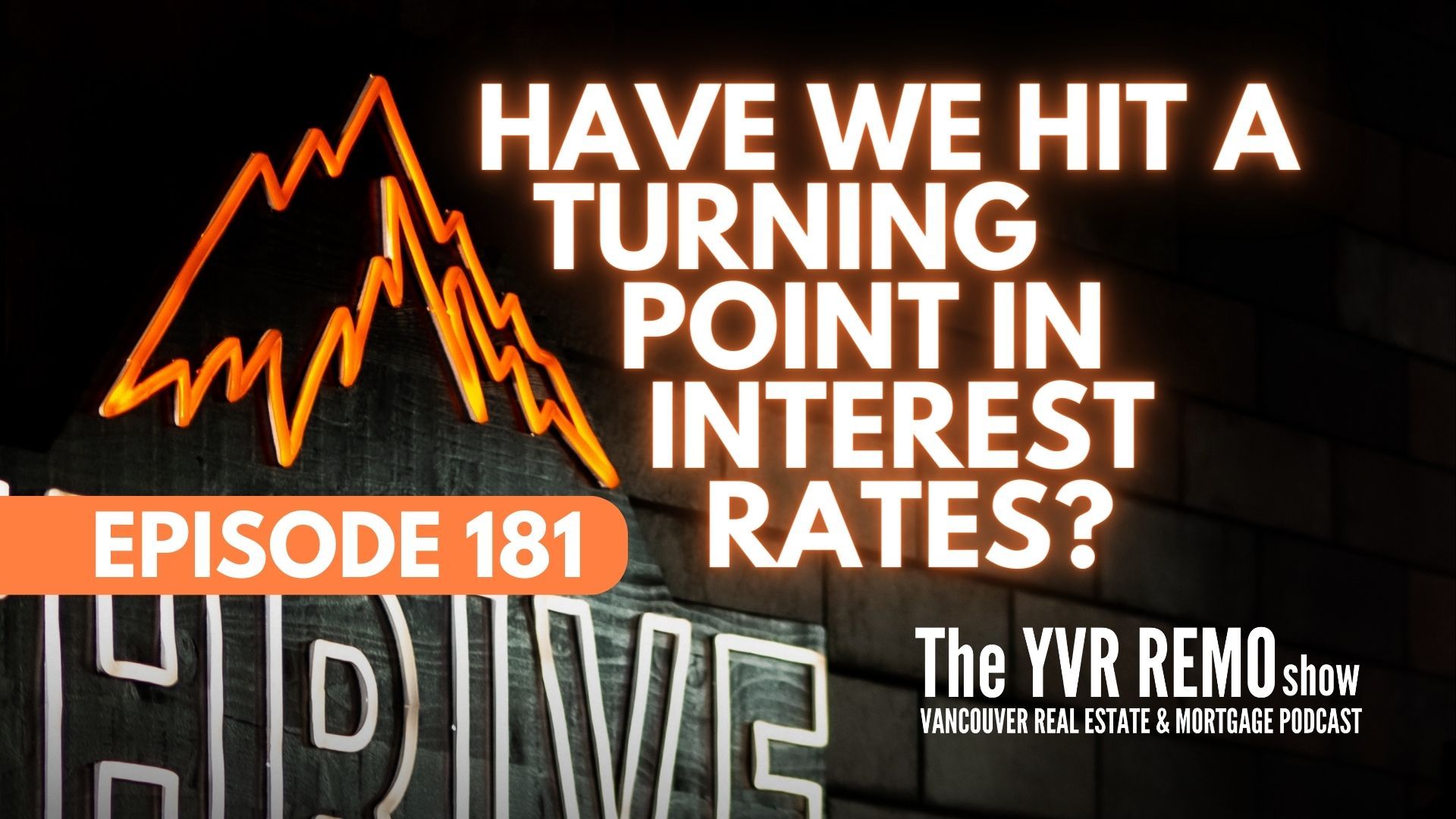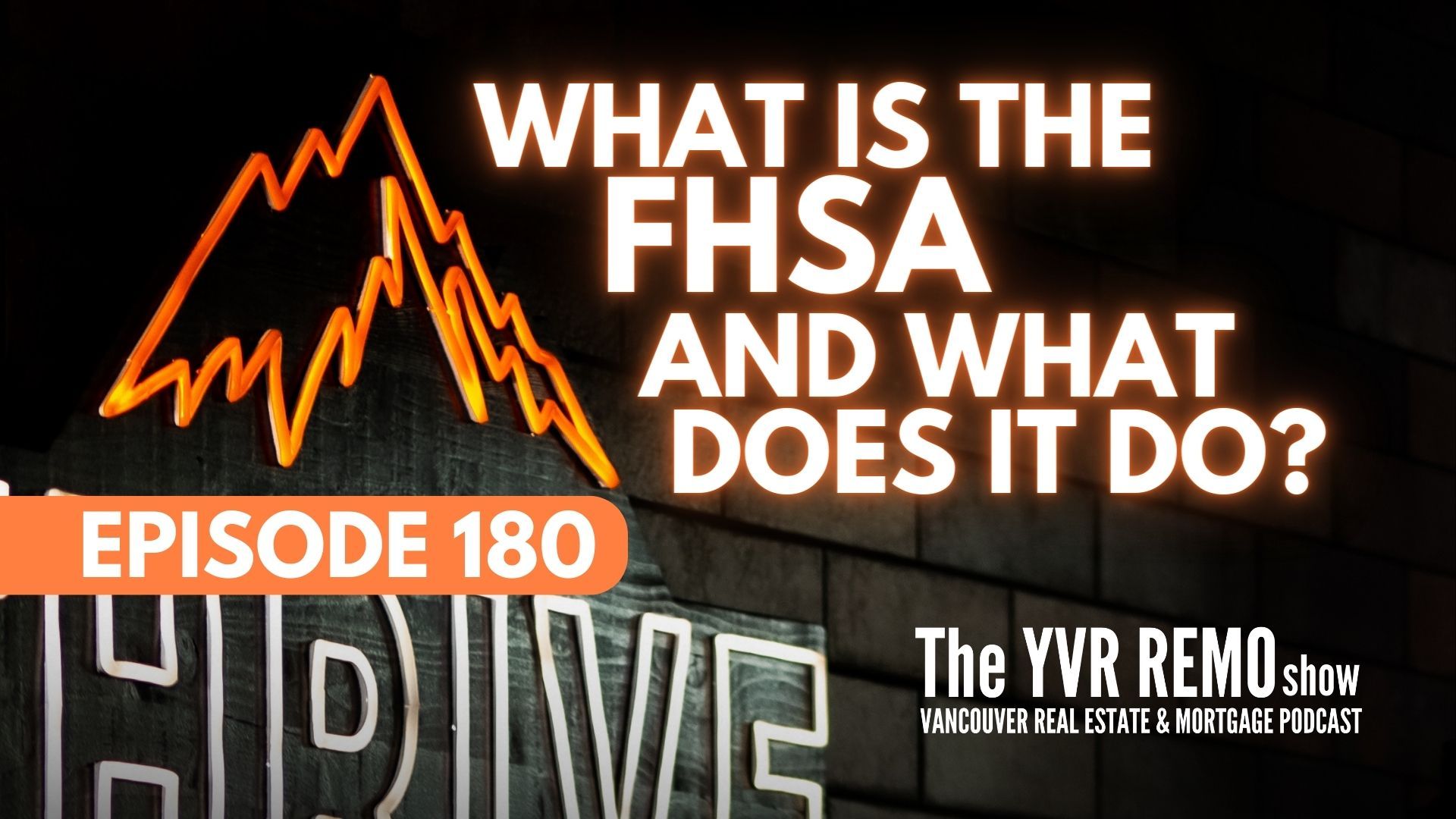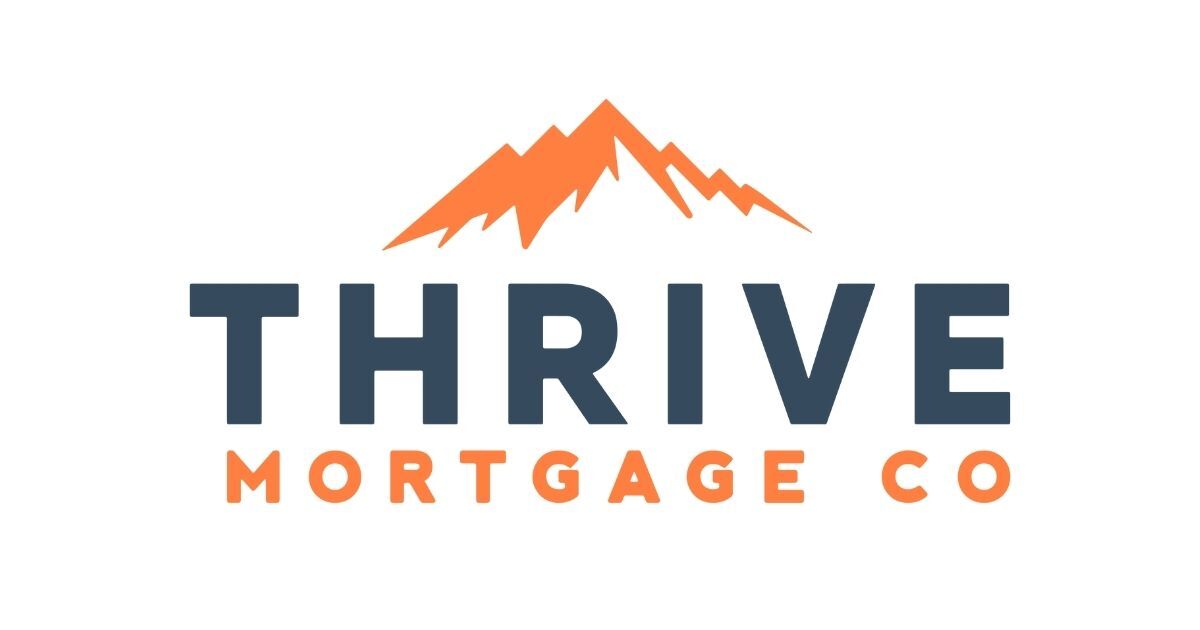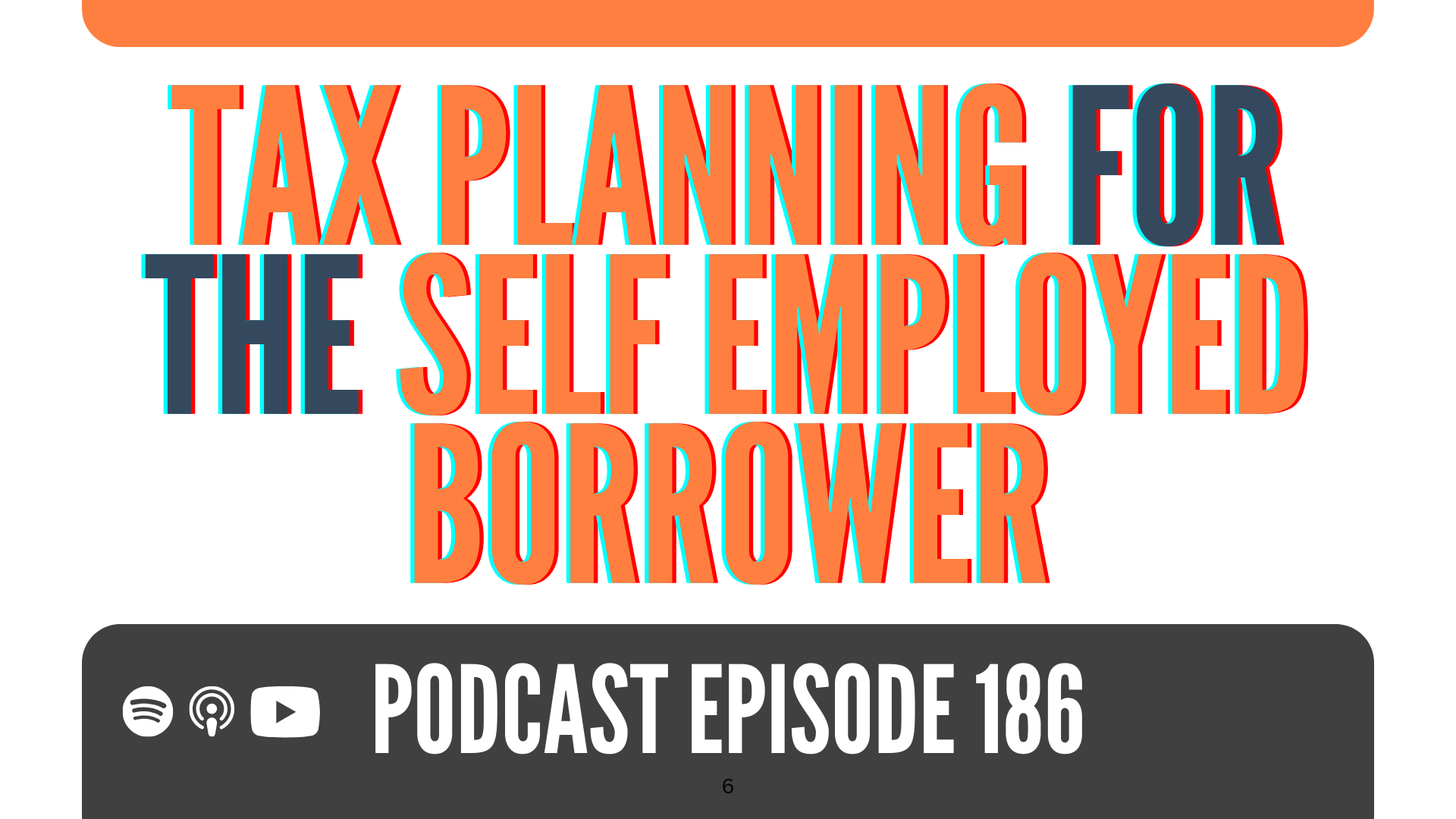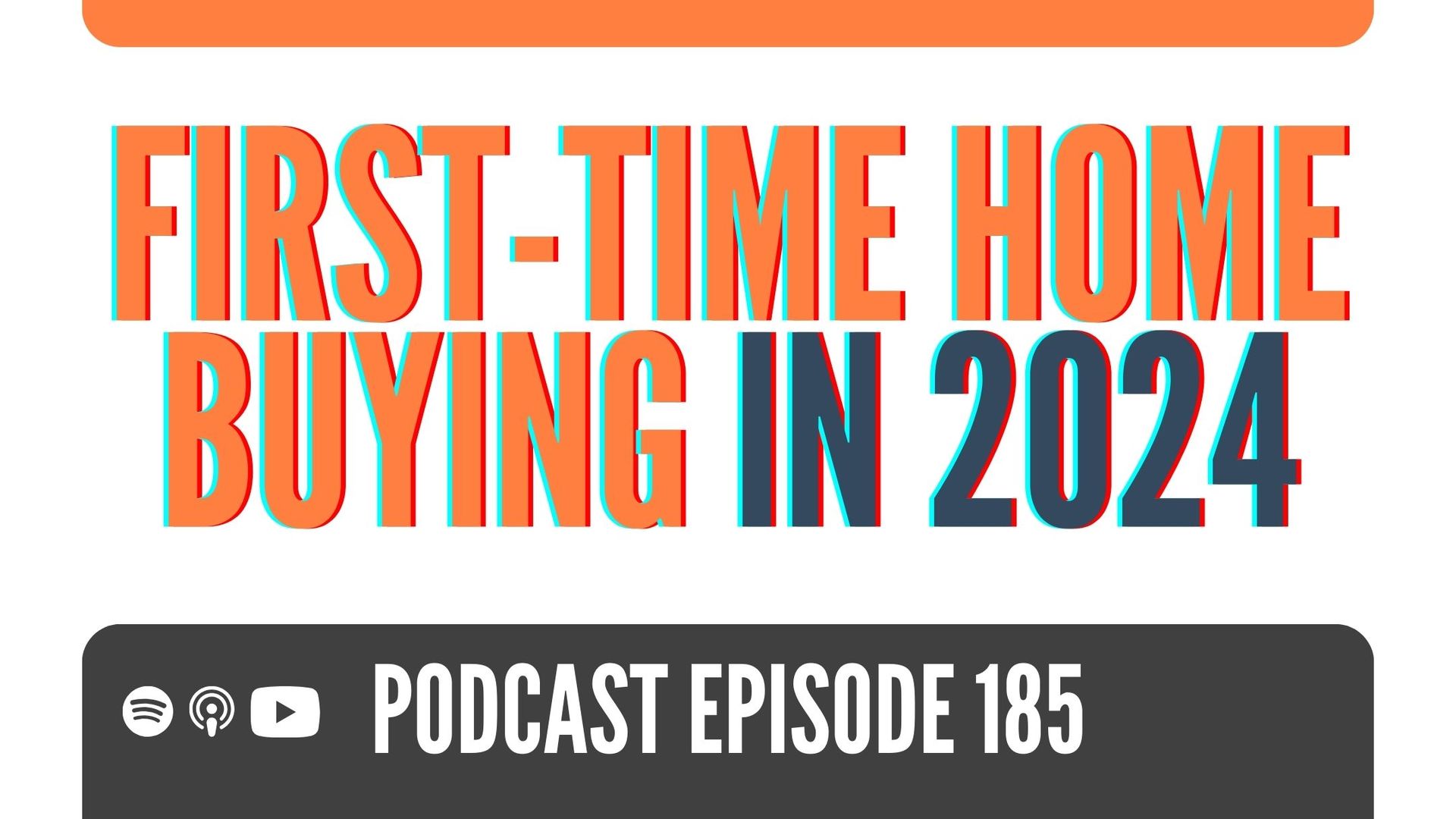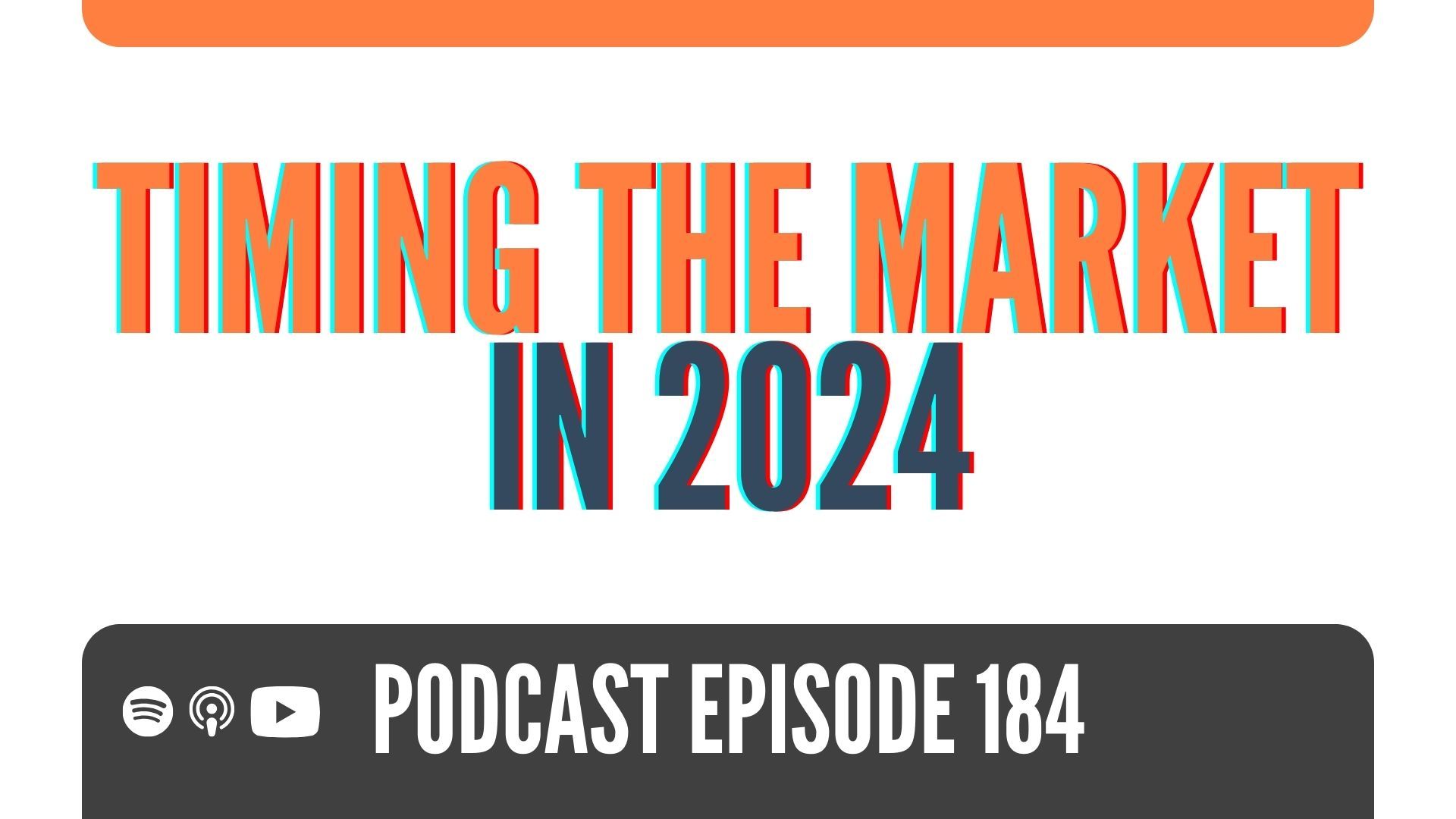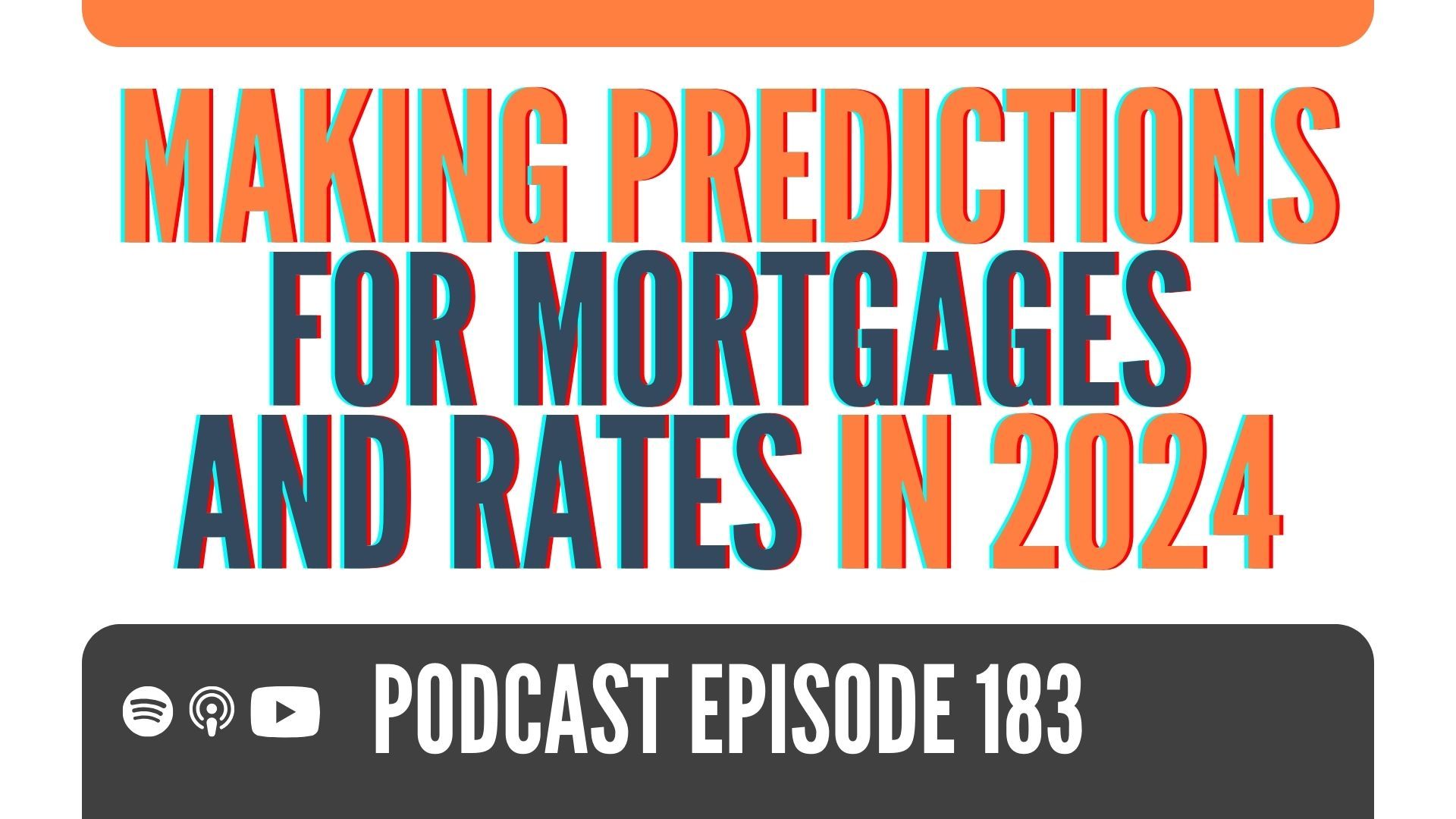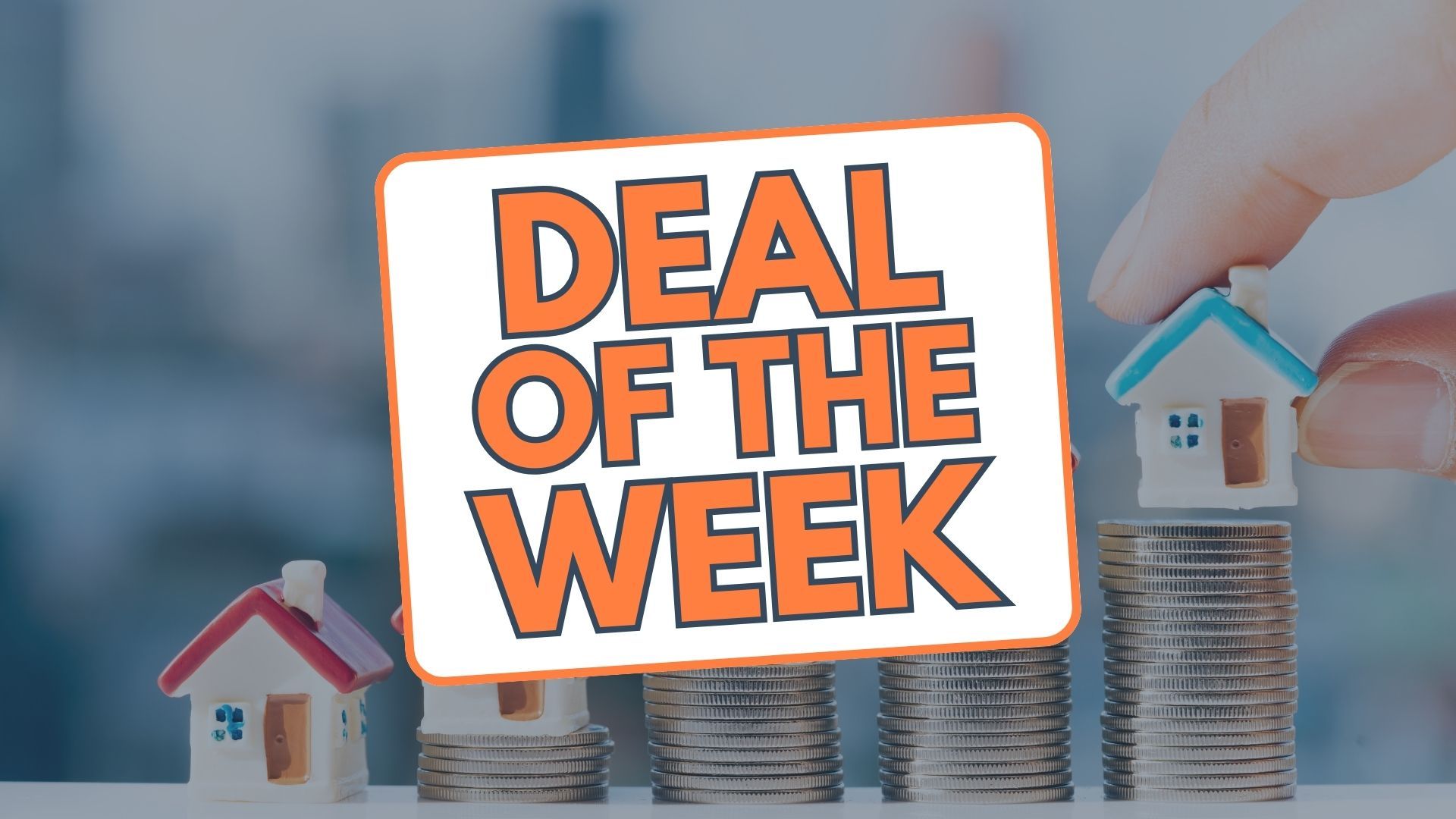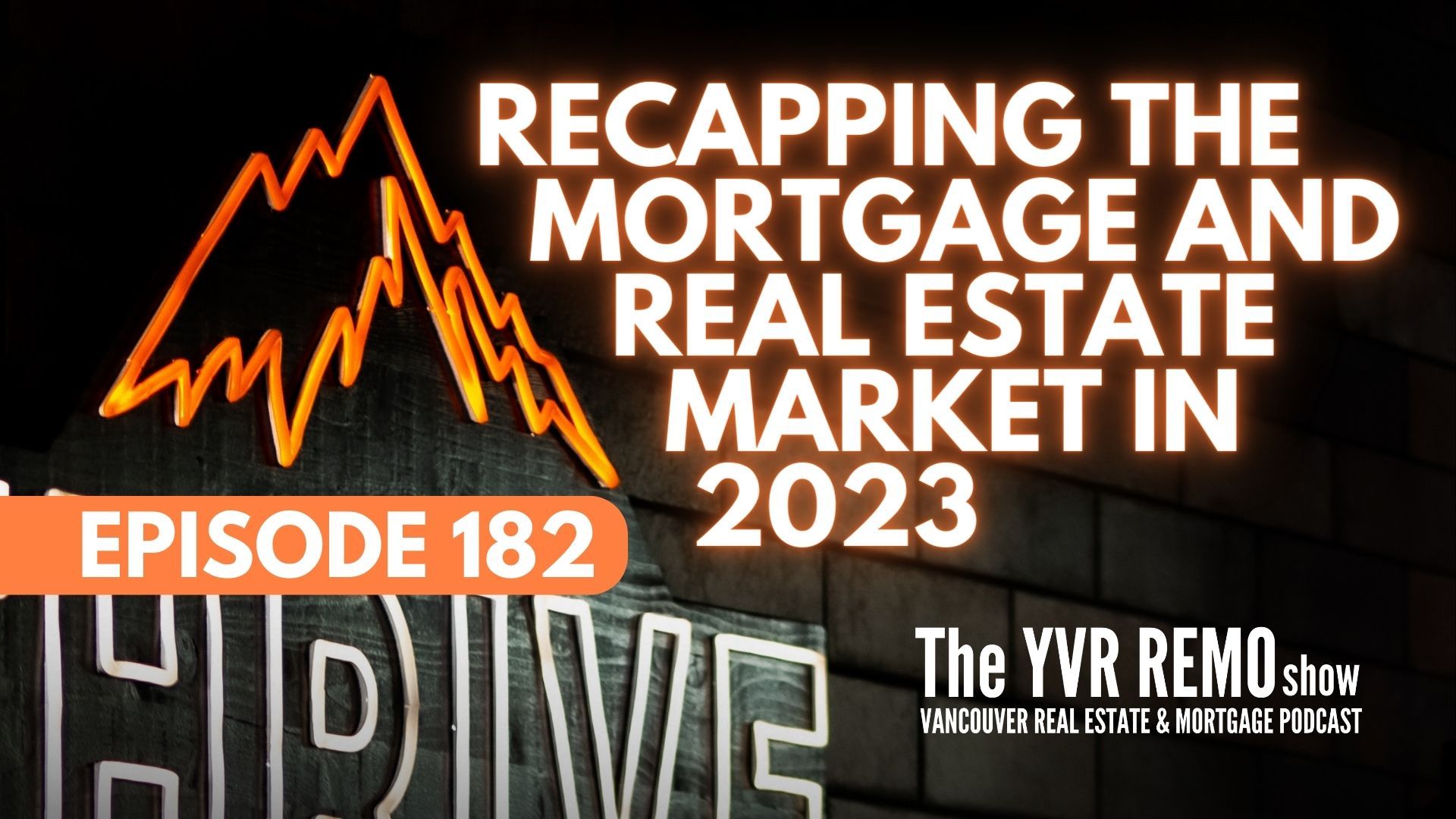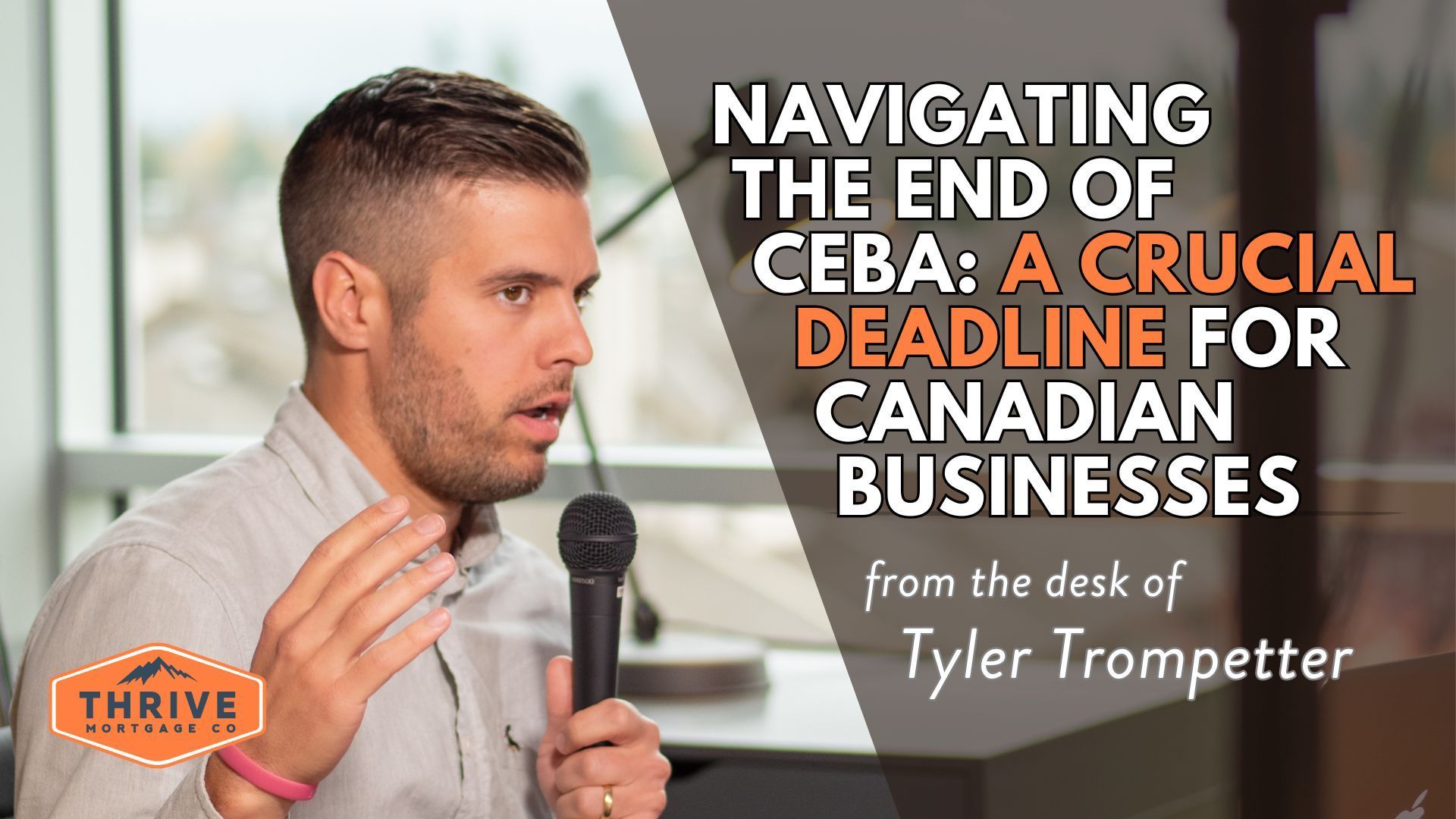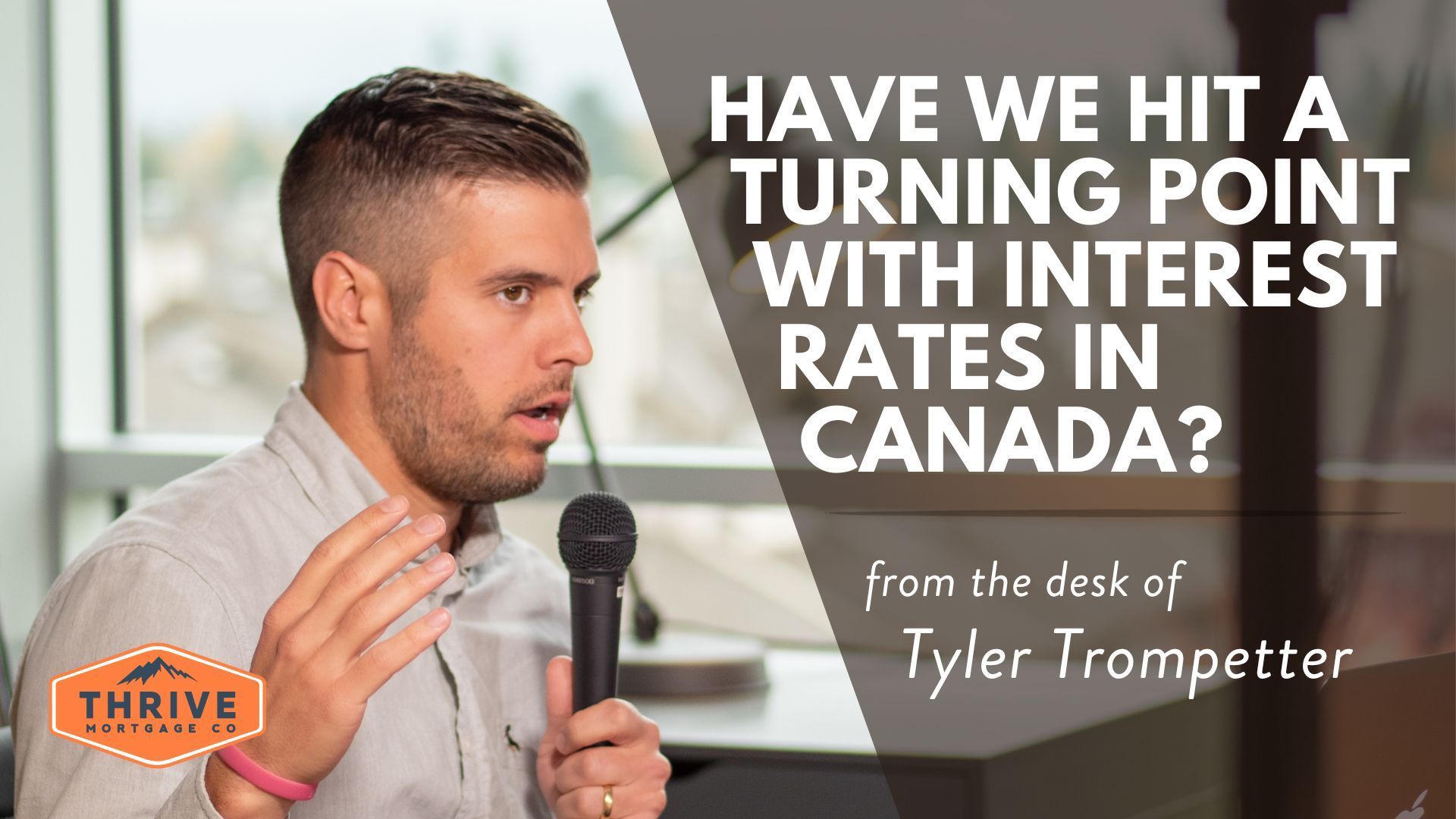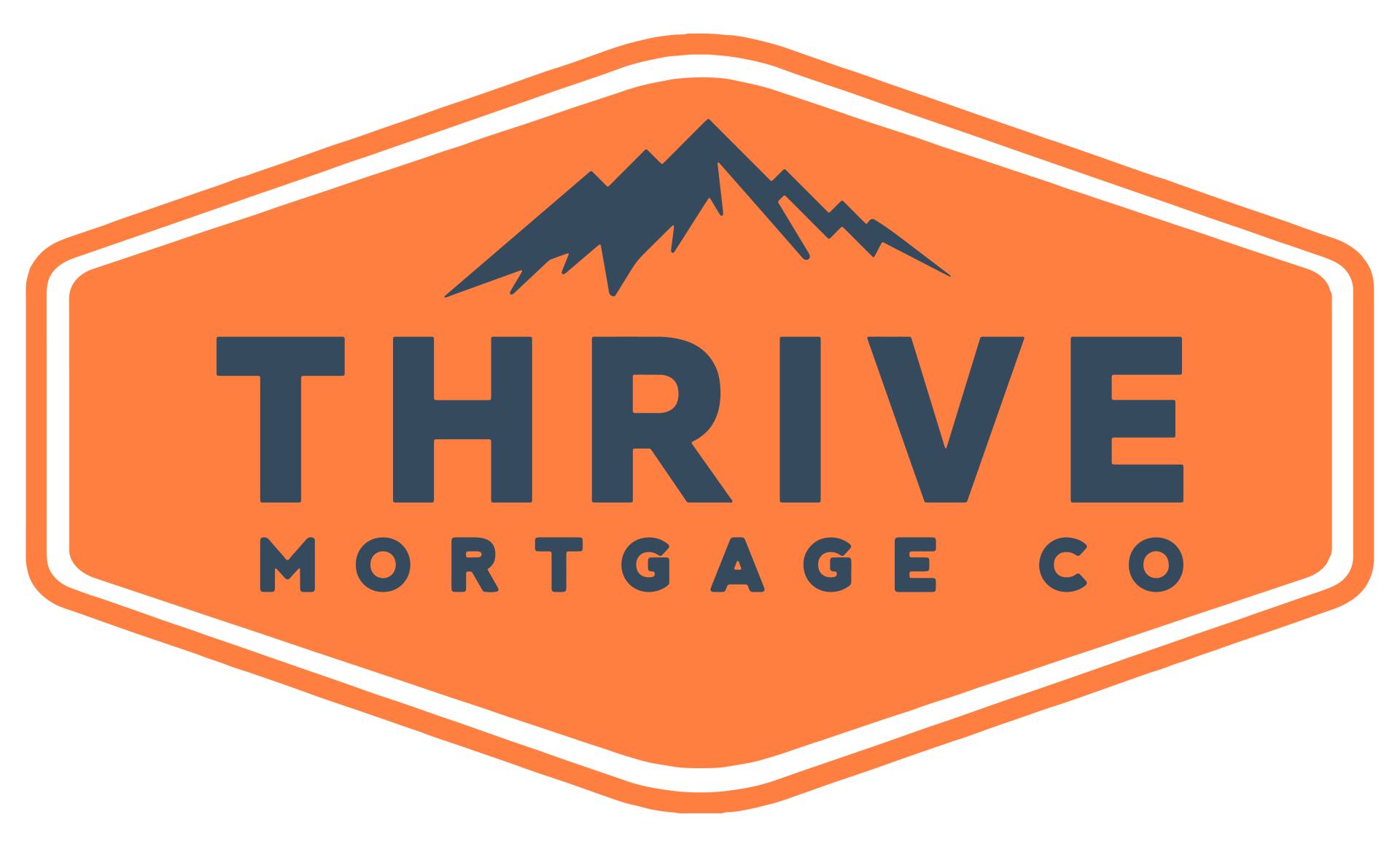EP. 57 - How To Navigate A Hot Real Estate Market w/ Logan Crowder & Caileigh Anderson (Real Estate Expert Series)
Key Tips To Navigate This Current Hot Market
This week we have a special episode. We were guests on the 'Hard Asset's Podcast. This new podcast is brought to you by real estate professionals and co-hosts Logan Crowder and Caileigh Anderson. We have decided to bring you that episode here today!
Tune in as we talk about subject-free offers, how to get things accepted, pre-approval strategies, and how to navigate a hot market!
Click the YouTube link below to find out where to find Logan and Caileigh as well as their podcast!
What were some of your concerns earlier on at the outset of the pandemic and how did things from a mortgage standpoint playout?
Deryk Williamson
It was frightening to say the least, our phones stopped for probably two weeks when the pandemic hit. Our phone started ringing because people needed to figure out deferrals. We knew that it was an opportunity for us to call every single one of our clients and see if they needed assistance. A lot of people that were working, we tried to find opportunities to help them refinance. There was a lot of fear. When we started seeing the rates go down, we saw a lot of opportunity. We figured that we'd buckle down and focus on our database and just try to support them.
Alex McFadyen
That timeline actually cemented our business and helped us more than anything, I think it took about a month for us to really settle in and feel comfortable. We started doing a lot of presentations and said now's the time to pull your equity and start hopping in as everyone's afraid to get into the market, because it's not going to crash. It's going to rebound.
Deryk Williamson
I think that's kind of what created part of this boom that we’re in. There were a lot of people waiting for the market to crash and it didn't happen. When things started to pick up, everyone's like, we missed it. Everyone got off the fence after probably a few months.
How can you prepare for the current hot market where everyone is going subject-free?
Alex McFadyen
We’re talking about a market that's imbalanced. You've basically got people who aren't willing to sell until they buy and now there’s so much strategy because we have such a limited amount in the actual marketplace. There's little inventory right now, and everybody wants to get in.
The biggest challenge that most people face is having a proper pre-approval in place. If you're going to a bank, they're not going to do a proper pre-approval. You should have collected all your tax documents, submitted your separation agreements, let us know if you're working for your family's company, all that kind of stuff. Be truthful.
The biggest thing that I always say is have a plan B. If you're putting under 20% down, don't go subject-free, don't do it. We're serving the lender and we're also serving the insurer and the insurer is the oddball here. We can't predict what they're going to do. What if the appraisal doesn't hit the value? Do you have more cash on hand? Are you comfortable with a B lender or a private lender? Do you have family money that you can rely on?
Can you explain appraisal value?
Deryk Williamson
If you're buying a property for $1.1 million, that's the bank’s security. They're going to give you 80% financing, if you have 20% down. An appraisal is required. The appraiser goes out there, they have to find comparable sales in the last 30 to 90 days. If your appraisal comes in low, you have to make up the difference. You have to have a worst case scenario. The lender isn't going to work with you just because you don't have the cash, you have to come up with the money to close.
Is there a difference in terms of going in subject-free vs. insured?
Deryk Williamson
There's way more risk in an insured deal because if the income is low or the credits not quite there. You can't get a mortgage if you can't get an insurer. There's way more risk going in a subject-free offer with less than 20% down. I'll never suggest it unless you have family that could step in and help out with a massive downpayment to get you into that conventional ballpark.
*Mortgage broker vs. a bank. There's so much value that a true professional can bring in. Broker’s are free. They don't they don't charge you anything when you buy your property.
Deryk Williamson
Have the conversation, call us it's free. We're going to do all the work. At the very least, we're going to show you where you stand and help you build a plan to get into the market.
What are some ways that you have seen people refinancing and taking advantage of that money to help out?
Deryk Williamson
There are a ton of strategies with the rates being so low. For example, if someone's sitting at 3% interest rate and they have three years left, we run a rate job report. There's a penalty to get out of your mortgage. There's got to be a fine line where it makes sense and it doesn't. A lot of people can save a ton of money, even if they're not drawing any equity out of the property. Getting into a lower interest rate is dramatic savings. A lot of people don't realize the rates aren't going to be like this forever. People who are sitting on the fence are going to miss out on this opportunity. Pay off these 6% car loans and credit cards and roll it into your property. A huge one that we really push is using that money to invest. A lot of people have the mindset that they want to pay off their house, which is an unreal goal. What if you leverage your property to buy a rental or two rentals? What does that do for your retirement and your kids and your family?
Alex McFadyen
Why pay more money to these companies that are making billions of dollars off of you right now? Why don't we just figure out why and help you out from a cash flow standpoint? Strategy wise, what if you reconsolidated that debt into a 2% loan so you're paying less and then just add the cost of what you were paying monthly back to the mortgage.
When I'm thinking about the concept of refinancing, what if your payments remained around the same, but you earn more money? That’s all we're trying to do. is create a bigger gap between what you actually earn and take home versus what you spend. The gap is actually smaller when you just pay off your mortgage.
What are some of the differences between refinancing and accessing a HELOC?
Deryk Williamson
With refinancing you're paying off your existing mortgage, which triggers a penalty. If it's a variable, a three month interest penalty. If it's fixed, it could be through the roof. With restructuring, you're paying off your loan at whatever the existing interest rate was and you're taking on a new, bigger, mortgage most of the time at the current rates. With the rates being so low, it makes sense for a lot of people because you're saving so much on the interest to pay the penalty and refinance. Sometimes you run into situations where a penalty is $40,000 and doesn't make sense. In that situation, if someone still wants to access the equity, you get a line of credit. A line of credit is a bit of a higher rate, our mortgage rates are one and a half percent. Line of Credit is always typically prime plus a half. Right now, when you compare the line of credit to a mortgage, it makes way more sense to go with the mortgage, a line of credit is a great option if the penalty is huge. If you don't want to restructure, refinance is a good way to access equity without triggering that.
Alex McFadyen
There's a third option here which is a second mortgage. These allow you to access equity if you don't qualify based on your bank's guidelines or you don't want to pay the penalty. The difference, there's a little bit of a higher cost associated with the mortgage but payments can be much more manageable because they're extended over a longer timeframe. There's actually a lot of value in knowing and having access to that, especially if the payments are high or you can't access the line of credit. A reason these companies are pushing so hard is because people are afraid to talk to their bank about it. After the decline, they're afraid to talk to other people.
Deryk Williamson
The line of credit is an interesting product because it gives you the option to pay interest only. The actual payment is going to be higher as much as you're paying down the principal. I've had clients that just want a line of credit, they don't care about principal pay down. They're in it for cash flow. They will buy an investment property, get a line of credit, they have this super low interest only payment, but their cash flows $1,000 a month. They're in it for appreciation and now money.
Deryk Williamson
Not all lenders offer this, only a handful, but it's a re-advanceable mortgage. As you pay down principal, a line of credit increases. The Smith Maneuver is what you do with that line of credit, how you structure it, but I honestly feel like everybody should get into that product if it's a fit and you like the interest rates that the lenders are offering.
*We've had clients that are selling and they have no cash. They'll use this line of credit that they've built up over two years to renovate the place before they sell it.
From a mortgage standpoint, how can people be prepared to kind of write these subject free offers?
Alex McFadyen
The most important thing is don't do an online pre-approval. Physically talk to someone and make sure that all of the documentation that the lender would actually ask for has been submitted. Get your appraisal done.
Are there any tips that you could give on that subject?
If you've been properly pre-approved, don't change anything. Don’t buy a car and stay up on your credit card payments. Make sure your money's not going anywhere. Conversate with your mortgage broker and make sure that your mortgage broker is in talks with your realtor. If those two people are not talking, please don't go subject-free. You actually have to understand why the true pre-approval is so in depth. We're looking at every single document and bank statements for three months. If people haven't done that, if you haven't signed a credit authorization form, you should not be going subject-free.
What is going to be happening for the rest of the year?
Deryk Williamson
Bank of Canada's prime variable line of credit rates are predicted to stay low until 2023.
What happens with fixed rates?
Deryk Williamson
It's tied into bond markets which can change. Rates should be staying low, which will continue to fuel what's going on right now. I think that we're going to see more inventory. I don't think that's going to slow down our market. I think that creates more buyers at the same time. All these buyers that have pent up demand, they're trying to get in right now. When there's more inventory, it continues. I think we're in for an absolute crazy spring and summer.
Alex McFadyen
The government's basically held off on bringing anyone into our country for an entire year, which means we have an insane amount of immigration coming in the next few years. The guidelines for lending to new to Canada people have actually loosened up in the last couple of years. Based on the debt to income ratios, the typical person qualifies somewhere between the four to $600,000 range for a first time buyer. My only feedback would be if you aren't in the market, get in the market.
The only other thing I would point out is the lending market because it is so hot right now and the real estate market. We've had more applications. We've broken records every week and it's nonstop. When you do commit to working with a professional, whether it's a real estate agent or a broker, commit and just preach patience because it takes time. Don't rush this sort of thing.
Any closing tips?
Deryk Williamson
Lock into these five year fixed mortgage rates at 1.69%. Human nature is people build their lifestyle and their budget around their costs. It's almost unrealistic what people are paying for a million dollar mortgage, literally two years ago, it's a massive difference. When people are doing this and moving into this beautiful new home, because the mortgage payment on a million dollars is $4,000, that is going to change in five years. Take that into consideration. If you're in a five year fixed, and it's 3%, in five years, it's a massive jump. People that are in variable rates, you're going to see a gradual climb and probably be okay. You got to think ahead.
To learn more watch the full video by clicking here!
Have more questions? Get ahold of us!
We're on Instagram!
instagram.com/thrivemortgageco
Check us out on Facebook!
How to Reach US! 📲
Call 604.398.5575 or Email us!
More Questions or READY to get started!?
Just Ask US > Click Here to set up a call or EMAIL us
